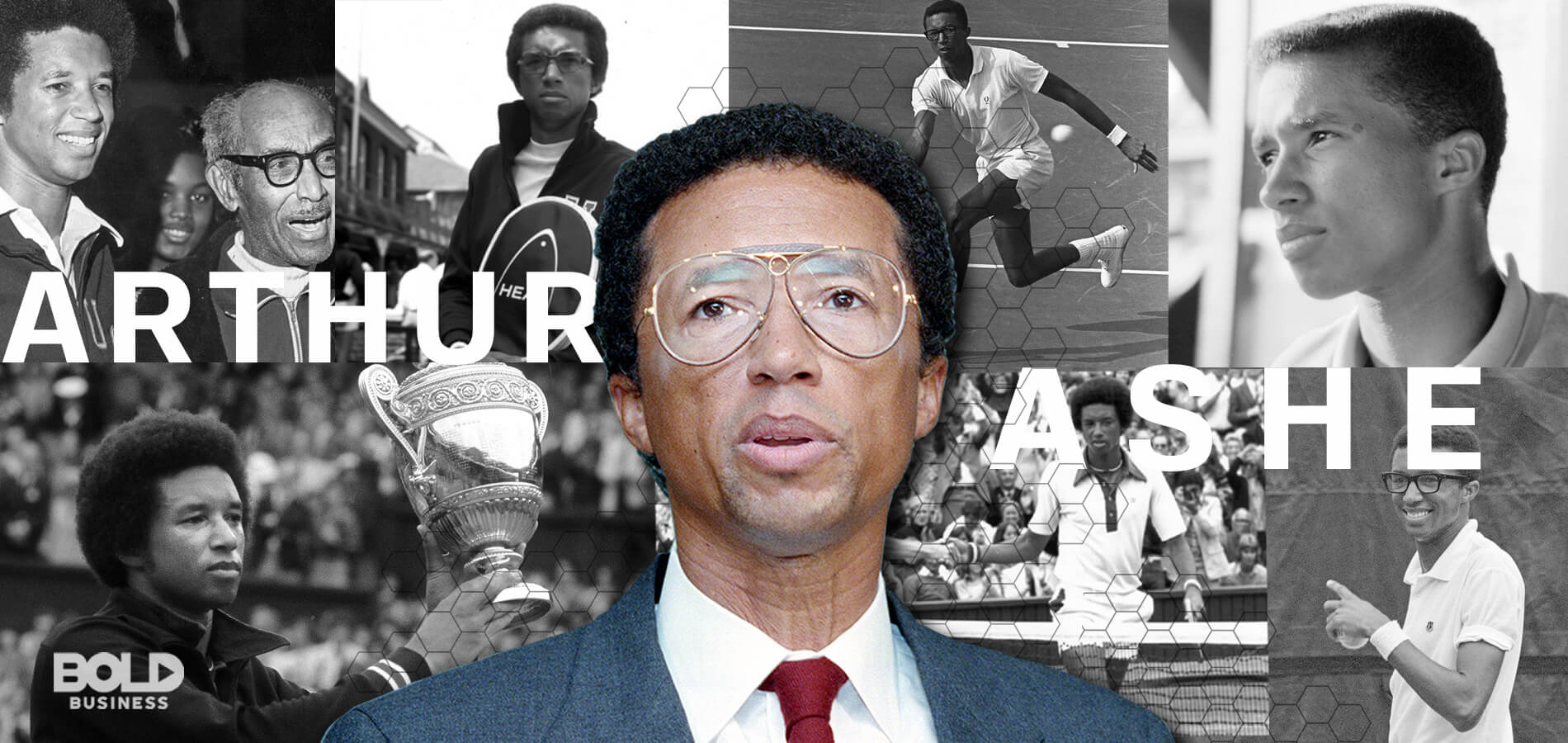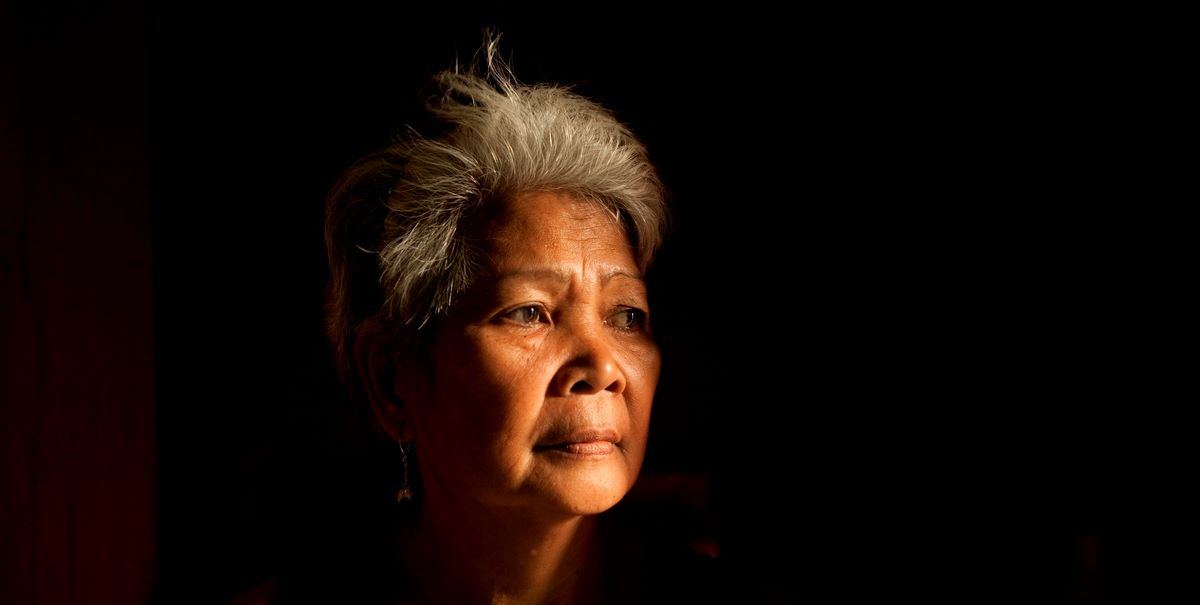
Arthur Ashe, the legendary African-American tennis player, left an indelible mark on the world of sports and beyond. Born on July 10, 1943, in Richmond, Virginia, Ashe rose to prominence during the racially turbulent 1960s and 1970s, becoming the first African-American man to win the singles title at Wimbledon, the US Open, and the Australian Open. His achievements on the court were magnified by his advocacy for social justice and his dedication to creating opportunities for underprivileged communities.
Throughout his life, Ashe displayed tremendous strength and resilience, overcoming numerous obstacles to achieve greatness. In addition to his athletic prowess, he also excelled academically, earning a scholarship to the University of California, Los Angeles (UCLA), where he studied business administration. Ashe’s impact reached far beyond the tennis courts, as he became a prominent civil rights activist and an inspiration for aspiring athletes of all backgrounds.
Key Takeaways:
- Arthur Ashe, the first African American to win the U.S. Open, broke racial barriers in tennis and inspired future generations to pursue their dreams, regardless of their background.
- Despite facing health challenges, Ashe used his platform to raise awareness about AIDS and fight against discrimination, leaving a lasting legacy of activism and social justice.
Early Life and Education
Arthur Ashe was born on July 10, 1943, in Richmond, Virginia. He grew up in a segregated neighborhood and began playing tennis at a young age. Despite racial barriers, Ashe excelled in the sport and earned a scholarship to attend UCLA.
Tennis Career
Ashe became the first African American male to win the singles title at the U.S. Open in He also won the Australian Open in 1970 and Wimbledon in With his powerful serve and agile footwork, Ashe was known for his graceful playing style on the court.
Social Activism
Ashe was not just a tennis player; he was also a vocal advocate for civil rights and social justice. He used his platform to speak out against discrimination and worked tirelessly to break down racial barriers in tennis.
Pioneering Efforts
Arthur Ashe was the first African American player selected to represent the United States Davis Cup team. He went on to win the Davis Cup title in 1968, contributing to breaking racial barriers in the sport.
Charitable Work
Ashe believed in giving back to his community and dedicated his time to various charitable causes. He established the Arthur Ashe Foundation for the Defeat of AIDs, which aimed to raise awareness and funds to combat the disease.
Author and Scholar
Arthur Ashe was a prolific writer and wrote several books during his lifetime. He documented his experiences and insights in “Days of Grace: A Memoir” and “A Hard Road to Glory: A History of the African American Athlete.”
Hall of Famer
In recognition of his contributions to the sport, Arthur Ashe was inducted into the International Tennis Hall of Fame in He was also named to the International Tennis Federation’s Hall of Fame.
Breaking Barriers
Ashe’s success as an African American tennis player inspired future generations to pursue their dreams, regardless of their background. He broke barriers and opened doors for other tennis players of color.
Grand Slam Winner
Arthur Ashe achieved the prestigious feat of winning a Grand Slam title by capturing the singles championship at each of the four major tournaments: the Australian Open, French Open, U.S. Open, and Wimbledon.
Inspiring the Youth
Even after retiring from professional tennis, Ashe continued to be an inspiration to young athletes around the world. His legacy lives on through the Arthur Ashe Youth Tennis and Education Center, which provides opportunities for underserved youth.
Trailblazer
Ashe’s success paved the way for other African American tennis players, such as Venus and Serena Williams, who have gone on to achieve greatness in the sport.
Health Issues
In 1979, Ashe suffered a heart attack, which led to him undergoing several bypass surgeries. Despite his health struggles, he remained positive and continued to contribute to the world of tennis.
Raised Awareness on AIDs
Ashe contracted HIV through a blood transfusion during his heart surgery. He used his public influence to raise awareness about AIDS and to fight against the stigma surrounding the disease.
Leadership Roles
Ashe served as the captain of the U.S. Davis Cup team and was a dedicated ambassador for the sport. He also held positions on various boards and committees related to tennis.
The Ashe Stadium
In honor of Arthur Ashe’s contributions to the sport, the main stadium at the USTA Billie Jean King National Tennis Center in New York is named the Arthur Ashe Stadium. It is the largest tennis-specific stadium in the world.
Global Impact
Arthur Ashe’s impact extended far beyond the tennis court. He used his status as a public figure to advocate for change on a global scale, leaving a lasting legacy of activism and social justice.
Awards and Accolades
Throughout his career, Ashe received numerous awards and accolades, including the BBC Overseas Sports Personality of the Year, the Sports Illustrated Sportsman of the Year, and the Presidential Medal of Freedom.
International Ambassador
Ashe traveled extensively, promoting the sport of tennis and sharing his experiences with people from all walks of life. He used his platform to bridge cultural gaps and promote understanding.
Sportsmanship and Integrity
Arthur Ashe was known for his sportsmanship and integrity both on and off the court. He believed in fair play and was respected by his fellow players and competitors.
Legacy of Inspiration
Arthur Ashe’s life and achievements continue to inspire generations of athletes and activists. His impact on the world of tennis and his dedication to fighting for equality will always be remembered.
Conclusion
In conclusion, Arthur Ashe was not only a legendary tennis player but also a trailblazer, activist, and humanitarian. His commitment to social justice, advocacy for equal rights, and his contributions to the sport of tennis have left an indelible mark on history. From being the first African American to win a Grand Slam title to establishing foundations that continue to uplift communities, Ashe’s impact extends far beyond the tennis court.His dedication to education and his belief in the power of youth led to the creation of scholarships and mentorship programs that continue to inspire future generations. Ashe’s legacy serves as a reminder that sports can be a platform for change and that each individual has the power to make a difference.As we reflect on the life and achievements of Arthur Ashe, let us be inspired by his perseverance, humility, and unwavering commitment to justice. His story is a testament to the transformative power of passion, resilience, and unwavering principles.
FAQs
Q: What were some of Arthur Ashe’s notable tennis career achievements?
A: Arthur Ashe won three Grand Slam titles – the 1968 US Open, 1970 Australian Open, and 1975 Wimbledon. He was also the first African American to be selected for the United States Davis Cup team and went on to win the championship in 1968, 1969, and 1970.
Q: How did Arthur Ashe contribute to society off the tennis court?
A: Ashe was an avid advocate for civil rights and social justice. He used his platform to raise awareness about racial inequality and to fight against apartheid in South Africa. He also established the Arthur Ashe Foundation and the Arthur Ashe Learning Center to provide education and opportunities for underprivileged youth.
Q: What is the Arthur Ashe Courage Award?
A: The Arthur Ashe Courage Award is an annual award given at the ESPY Awards to recognize individuals who have shown exceptional courage in the face of adversity. It was established to honor Ashe’s legacy and his commitment to social change.
Q: How has Arthur Ashe’s influence extended beyond the sport of tennis?
A: Ashe’s impact goes beyond his achievements in tennis. He was a pioneer for equal rights and social justice, using his platform to advocate for change. His activism and charitable work have inspired countless individuals to make a positive difference in their communities.
Q: What is the Arthur Ashe Stadium?
A: The Arthur Ashe Stadium is the main tennis stadium of the USTA Billie Jean King National Tennis Center, located in Flushing Meadows, New York. It is the largest tennis stadium in the world and hosts the main events of the US Open tennis tournament.
Arthur Ashe's legacy continues to inspire, transcending the boundaries of tennis and social activism. His courageous fight against HIV/AIDS raised global awareness, making him a key figure in the ongoing battle commemorated by World AIDS Day. Ashe's tennis prowess and trailblazing achievements forever changed the landscape of the sport, paving the way for future generations of players to excel on the world's grandest stages, such as Wimbledon. As we reflect on his remarkable life, let's also explore other fascinating aspects of tennis history and the impact of HIV/AIDS on society.
Was this page helpful?
Our commitment to delivering trustworthy and engaging content is at the heart of what we do. Each fact on our site is contributed by real users like you, bringing a wealth of diverse insights and information. To ensure the highest standards of accuracy and reliability, our dedicated editors meticulously review each submission. This process guarantees that the facts we share are not only fascinating but also credible. Trust in our commitment to quality and authenticity as you explore and learn with us.


